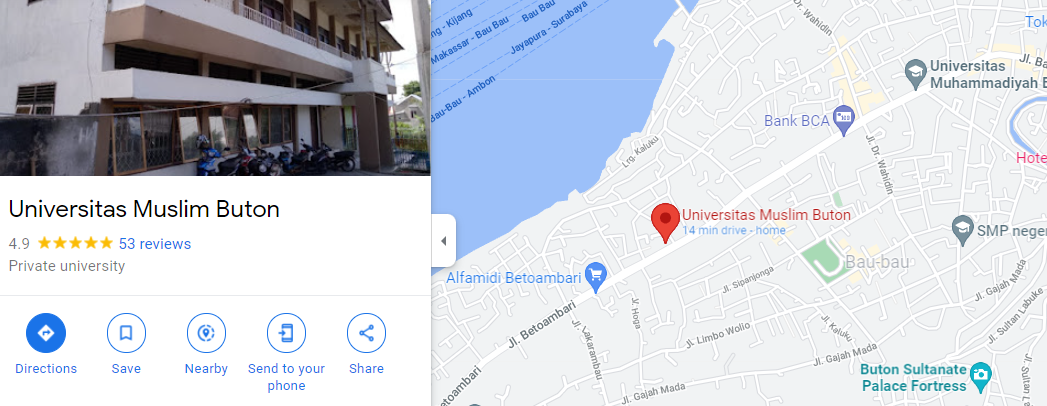REFERENCE TOOLS :
Publication Ethic
Writer's Ethics
- Reporting: The author must provide information about the process and results of his research to the editor honestly, clearly, and thoroughly, and keep his research data properly and safely.
- Originality and plagiarism: the author must ensure that the manuscript that has been sent/submitted to the editor is the original manuscript, written by himself, originating from his own ideas and ideas, and not plagiarizing the written work or ideas/ideas of others. Authors are strictly prohibited from changing the names of the cited reference sources to other people's names.
- Repeat delivery; the author must inform that the manuscript sent/submitted to the editor is a manuscript that has never been submitted/submitted to another journal/publication publisher. If a "redundancy" is found in sending the manuscript to another publisher, the editor will reject the manuscript sent by the author.
- Confidentiality; editors must safeguard any information properly, especially with regard to the author's privacy and distribution of the manuscript.
- Disclosure of conflicts of interest: editors must understand the ethics of scientific publications above to avoid conflicts of interest with other parties, so that the process of publishing the manuscript runs smoothly and safely.
Reviewer Ethics
- Objectivity and neutrality: reviewers must be honest, objective, unbiased, independent, and only side with scientific truth. The process of reviewing the manuscript is carried out professionally without distinction of gender, business side, ethnicity, religion, race, inter-group, and nationality of the author.
- Clarity of reference sources: the reviewer must ensure that the source of the reference/text citation is appropriate and credible (accountable). If errors or irregularities are found in the writing of reference sources/quotes, the reviewer must immediately inform the editor for corrections by the author according to the notes from the reviewer.
- Peer-review effectiveness: the reviewer must respond to the manuscript that has been sent by the editor and work according to the specified peer-review time (maximum 2 weeks). If additional time is needed in reviewing the manuscript, it must immediately report (confirm) it to the editorial secretariat.
- Disclosure of conflicts of interest: reviewers must understand the ethics of scientific publications above to avoid conflicts of interest with other parties, so that the process of publishing the manuscript runs smoothly and safely.
Journal Management Ethics
- Decision-making: the manager of the journal/editorial board must describe the mission and goals of the organization, especially those relating to policy setting and journal publishing decisions without any particular interest.
- Freedom: Journal managers must give freedom to reviewers and editors to create a comfortable working atmosphere and respect the author's privacy.
- Guarantees and promotions: the journal manager must guarantee and protect intellectual property rights (copyright), and be transparent in managing funds received by third parties. In addition, journal managers must publish and promote publications to the public by guaranteeing the benefits of using the manuscript.
- Disclosure of conflicts of interest: Journal managers must understand the ethics of scientific publications above to avoid conflicts of interest with other parties, so that the manuscript publishing process runs smoothly and safely.



















